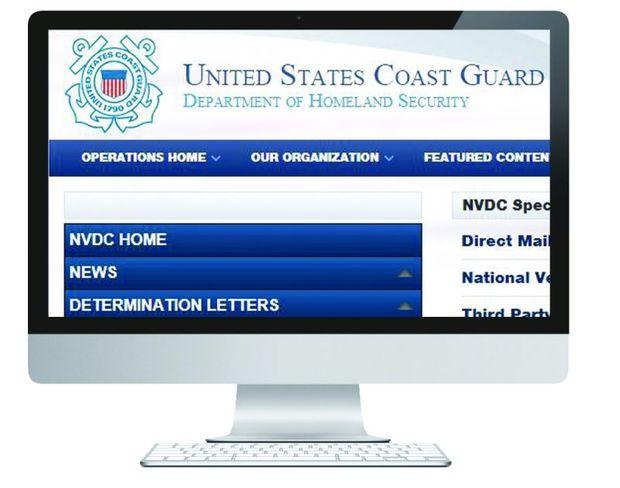If you have a documented vessel—a boat that’s registered with the U.S. Coast Guard rather than with a state natural resources department—be sure you check the annual renewal notice carefully. It may be coming from a private company that sends out similar-looking renewal letters that demand twice or three times the actual USCG fee.

The Coast Guard has issued warnings about such practices, but not everyone has gotten the word. The misleading notices are designed to look like official Coast Guard letters, but they aren’t. What they really offer you are expensive “services” that ostensibly help you obtain a new certificate. In some cases, it’s not certain the document arrives at all.
If you need to renew your certificate of documentation, the Coast Guard recommends that you visit its National Vessel Documentation Center website at uscg.mil/nvdc, and click on the tab labeled “Instructions and Forms.” You can pay the renewal fee online right on the Coast Guard website, using your own credit card. Trying to find the real website by typing keywords into your search engine may steer you to the wrong place.
PropTalk contributor Craig Ligibel says he inserted “USCG documentation” into his browser and ended up at a private website that charged three times the $26 that the Coast Guard charges for the renewal. It offered a five-year payment plan of $350
“I finally realized I was not in the official site, but a shadow-site that looked and felt like [the] real deal, but was not,” he writes. Most recreational boats are registered in states, but maritime specialists say documentation has become more popular in recent years because some banks and insurance companies consider it less prone to error.
To be eligible for Coast Guard documentation, a boat must be at least five net tons and be owned by a U.S. citizen.